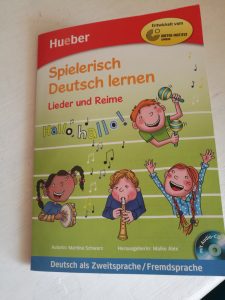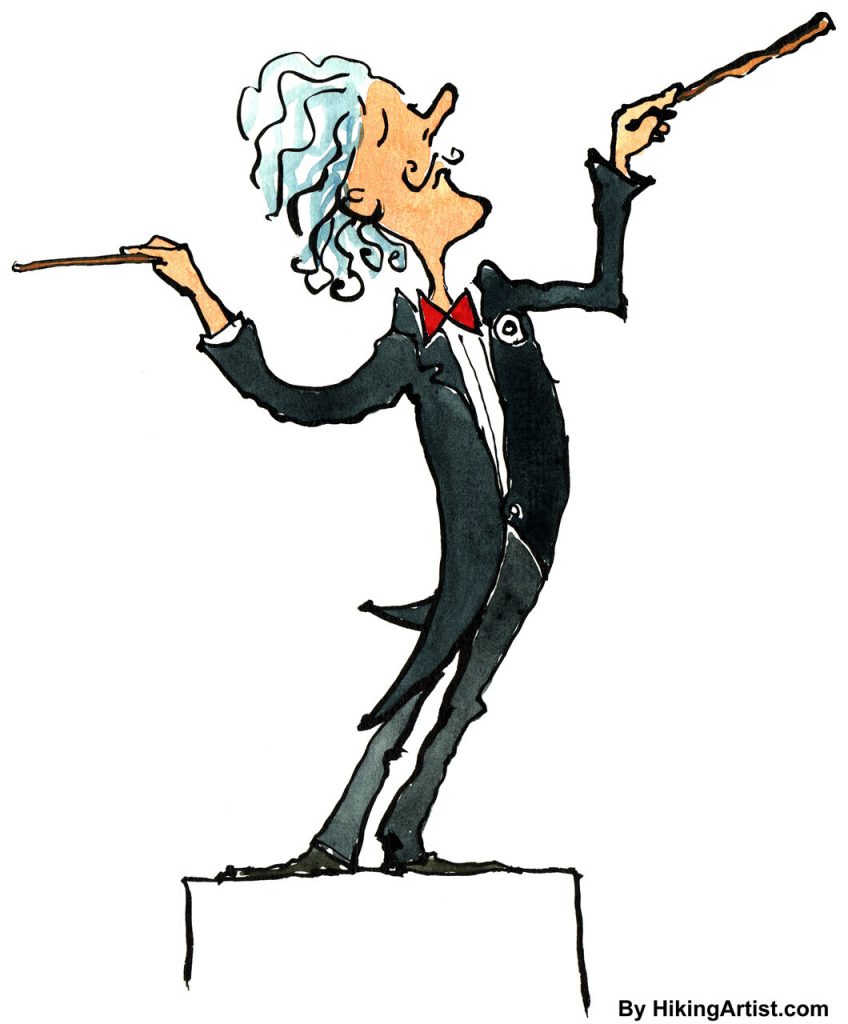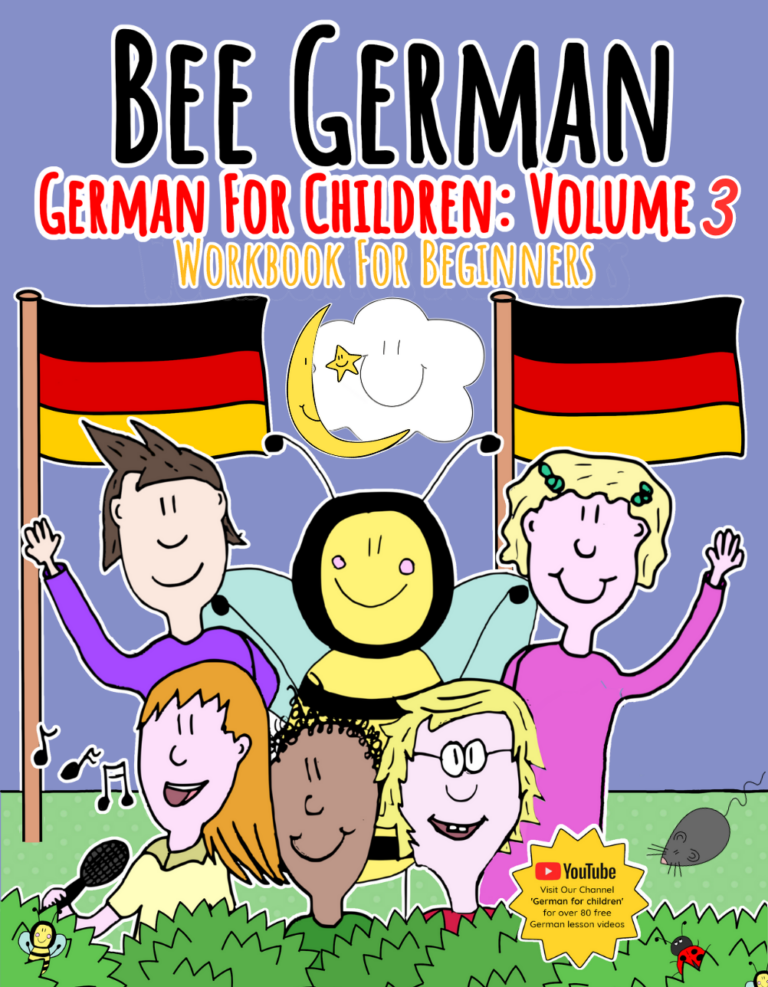Language and music: Recent studies show that music can be an effective tool for the language learning journey of a child. How can we use music in the language classroom and at home?
The benefits of songs
Especially sing along songs have a positive effect on the foreign language development. Music makes it easier to get used to the sound of a language. Both parts of the brain are active when you sing or listen to music. This means that it is easier for you to memorise long texts and new words.
Another advantage of listening to music for language learning purposes is that you can repeat the songs as often as you like. Additionally, the lyrics of children’s songs often contain funny phrases that can lighten up a language lesson.
How to use songs in the German language classroom
- You could begin your musical language lesson with a song the children are familiar with, such as this one:
- Another option for the start of a music session is to let the children introduce their own favourite songs.
- Movements/ dances are also a fun activity that you can implement into your lesson. A good example is “Kopf, Schulter, Knie und Fuß” or the following song:
Additionally, you can use BeeGerman worksheets to practice the required vocabulary.
- Practice the song! Then you can use your own instruments and movements. This could be also a nice group activity, in which the children are required to create their own version of the song with their own instruments.
- Art: For a very creative lesson, you could let the children paint a picture whilst they are listening to the song. At the end of the lesson, the pictures are hung up and children are asked to explain in German what they can see/ the children introduce their paintings.
Language and music: Useful questions
- Welche Instrumente hörst du? Die Gitarre, die Trommel, das Klavier….- What instruments can you hear? The guitar, the drums, the piano….
- Magst du das Lied? Warum magst du das Lied? Warum magst du das Lied nicht? – Do you like the song? Why do you like the song? Why don’t you like the song? Example answer: Ich mag das Lied, weil es lustig ist. – I like the song, because it is funny. Ich mag das Lied nicht, weil es langsam ist. – I don’t like the song, because it is slow.
- Brainstorming: An welche Wörter denkst du, wenn du das Lied hörst?- What kind of words come into your mind when you listen to this song? Let the children create a list or a display.
- Wie hört sich die Musik an? Laut, leise, schnell, langsam, fröhlich, traurig…… – How does the music sound like? Loud, quiet, fast, slow, happy, sad………
Book recommendation

edf
I’m actually using the book “Spielerisch Deutsch lernen” (Hueber) in some of my language lessons. However, most of the songs are very fast. I don’t understand why there are no slower versions as this book and CD have been specifically made for young German learners.




